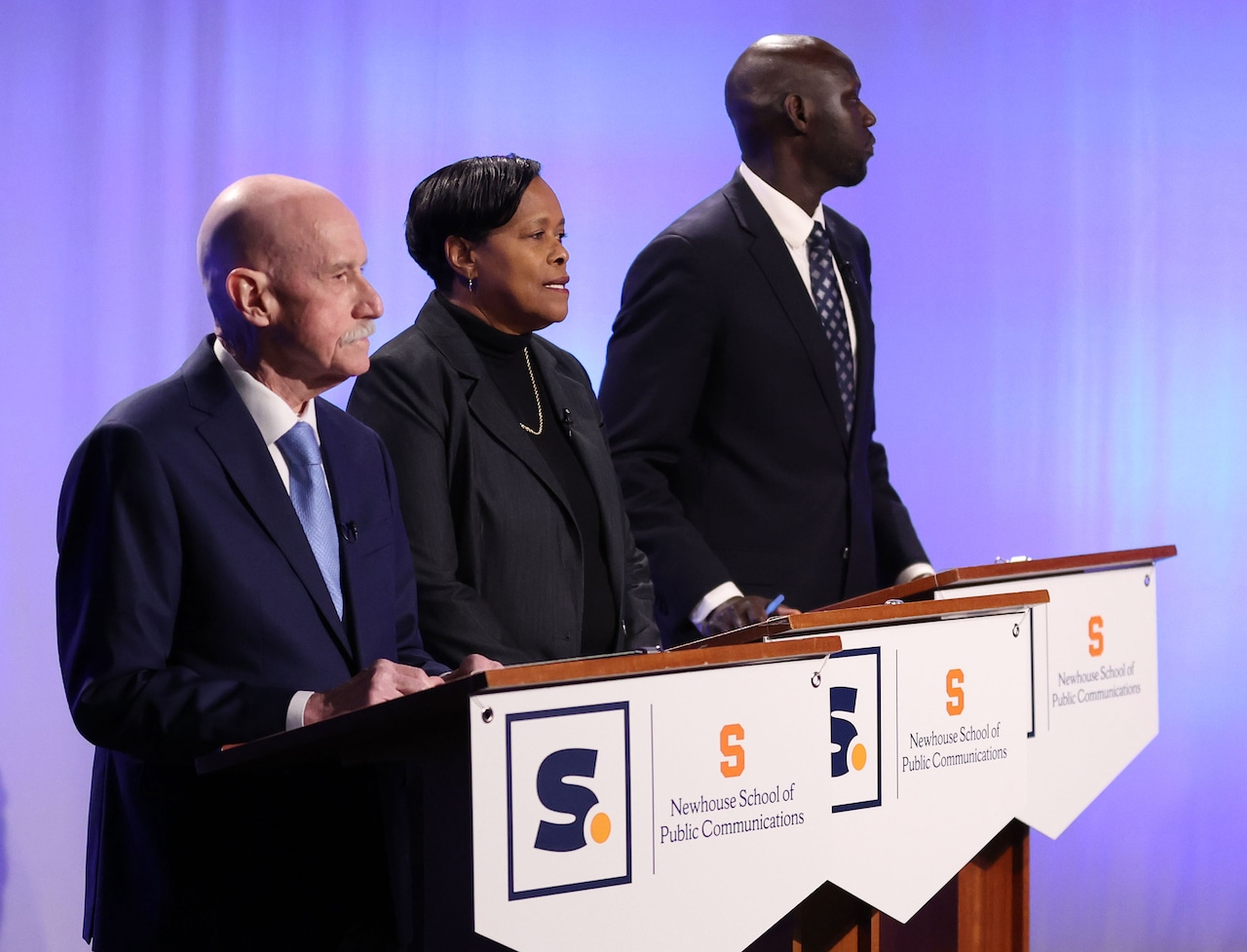Stalled Reform: Syracuse's Tax Overhaul Derails Amid Political Crossfire

Mayoral candidates Hogan and Majok strongly refute allegations that their campaign strategies are deliberately stoking opposition to the city's property revaluation process. In a joint statement, they emphasized their commitment to transparent governance and responsible civic dialogue, dismissing claims that their campaign rhetoric is intentionally undermining the revaluation efforts.
Both candidates assert that their discussions about property assessments are aimed at providing constructive feedback and ensuring fair evaluation methods, rather than inciting public resistance. They maintain that their goal is to represent community concerns while supporting necessary municipal administrative processes.
The revaluation debate continues to spark passionate discussions among residents, with Hogan and Majok positioning themselves as advocates for balanced and equitable property tax assessments that reflect the community's best interests.
